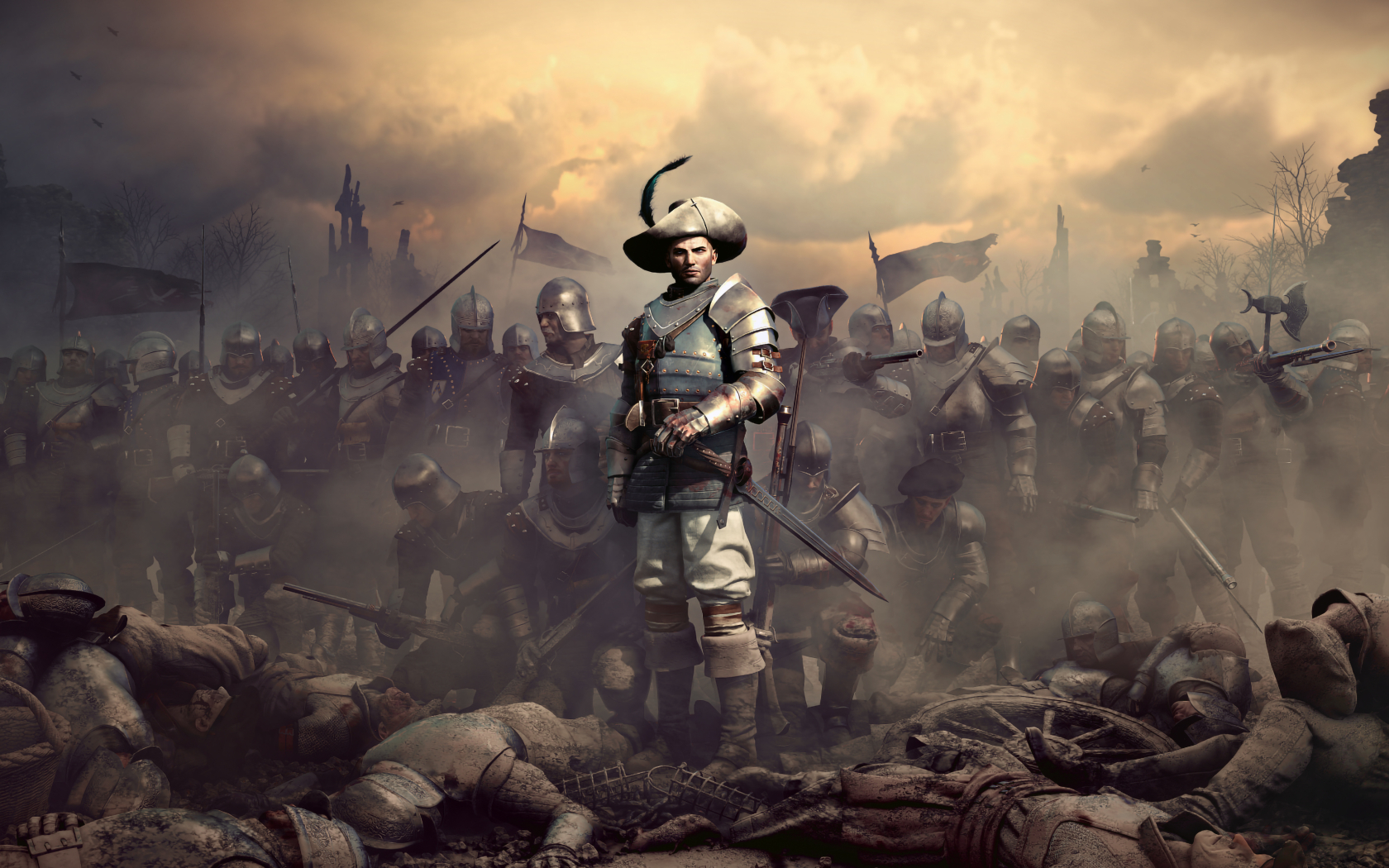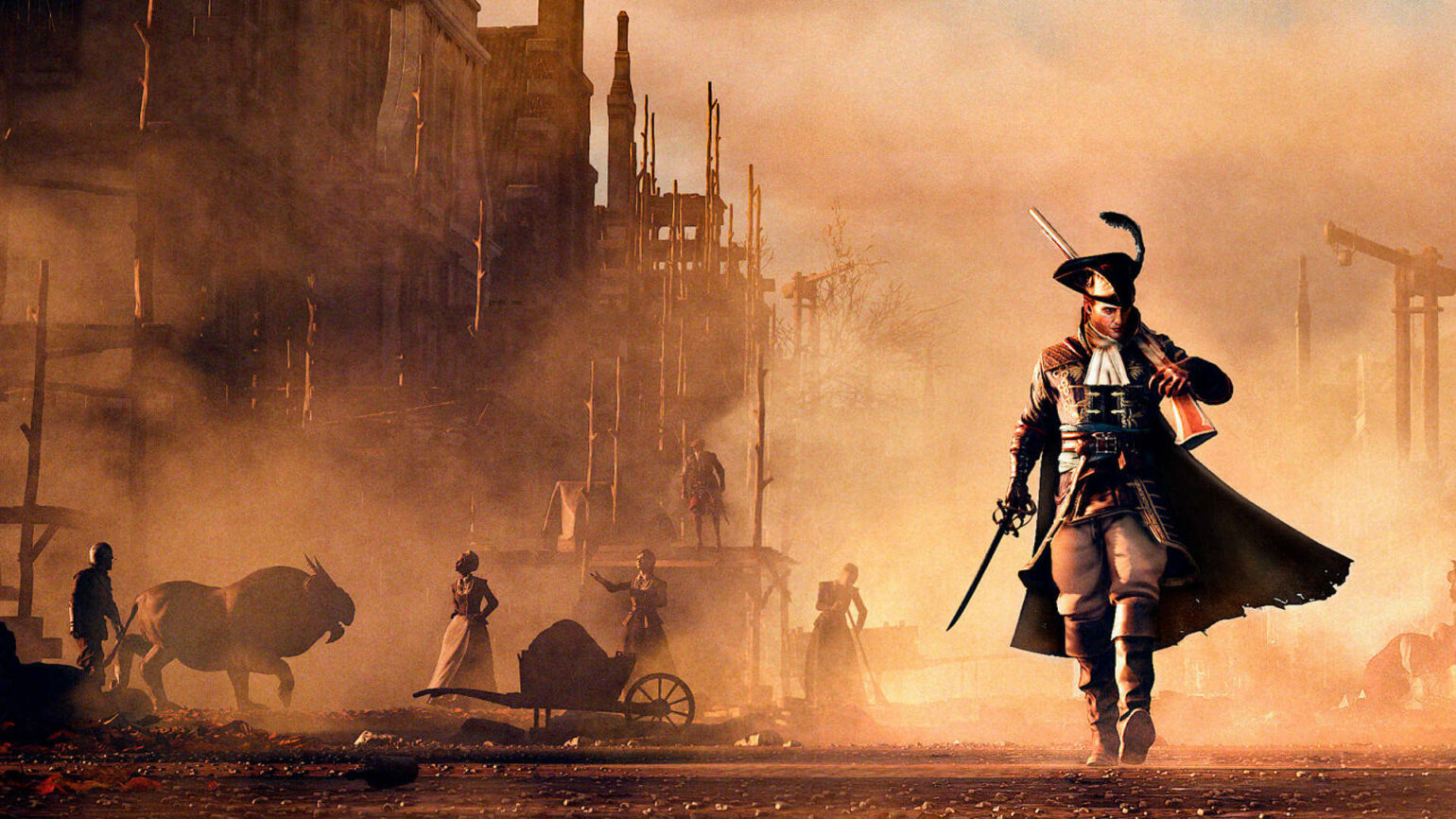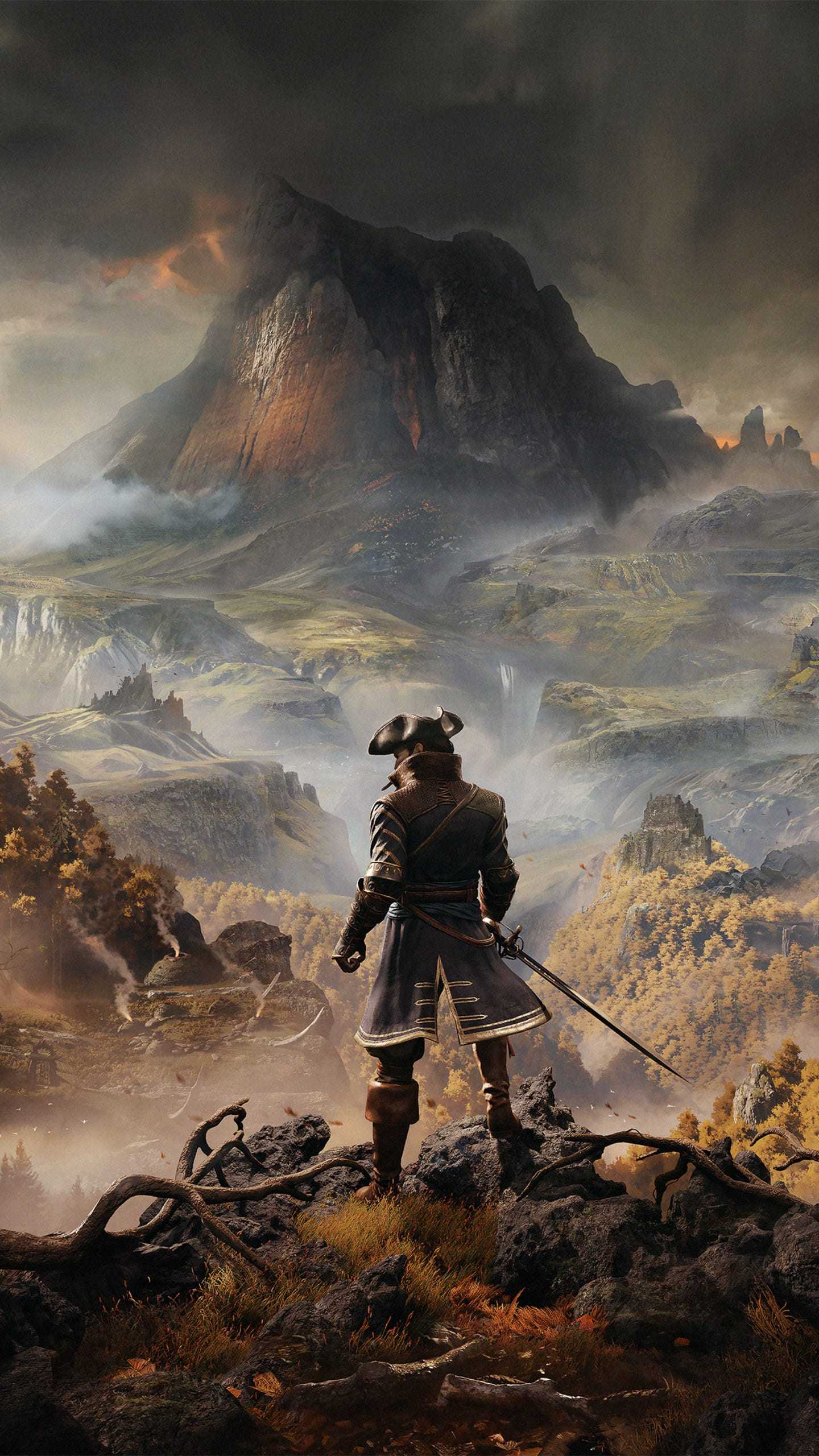

Take the setting, for example it eschews the generic high fantasy of Dragon Age for a rather more distinctive take that’s essentially chucking 17th century colonial Europe onto an island that’s full of monsters and magic.


It wasn’t all smooth sailing, but I admit I was initially quite taken with Greedfall.Īnd for good reason, since despite its obvious inspirations it’s actually doing quite a lot of things better than anything Bioware have produced recently. Crucially it compared quite favourably with Andromeda and Inquisition there’s really not quite as much separating those games from the first half of Greedfall as there really should be. packed into a governor’s throne room, and the facial animations are another thing that happen to date from 2007, and there was a much higher than normal incidence of misspellings and typos in the conversation options and subtitles, but it was all well within tolerance levels for something made without the support of a big publisher. I’d seen reviews complaining about how slapdash Greedfall felt and couldn’t understand what they were talking about yes, the environments felt a bit stilted and artificial due to primitive NPC behaviour and engine restrictions on the number of people that could be e.g. The surprising thing about those first few hours, though, was how polished everything was. So Greedfall has arcade-style real-time combat that’s optimised for consoles, but with a pause button so that you can pretend you’re being tactical a set of companions who help you out in combat, have their own companion quest chains, and who are almost all romanceable multiple factions to gain or lose reputation with - the list goes on and on, but it’s all mostly stuff that worked and so I’m not going to blame Spiders for trying to plug that gap in the market with Greedfall. Quite pointedly, while it’s got many of the bits from Bioware games, the specific Bioware games Greedfall is pulling them out of are from around 2007 - when everyone loved Bioware - instead of 2017, when all they were good for was a punchline to a funny Youtube video. Because make no mistake, that is what Greedfall is: an attempt to park tanks on Bioware’s lawn now that Bioware are preoccupied with messily self-destructing and have rather conveniently left it vacant. It’s made by Spiders, a French developer who I understand have quite the track record when it comes to making eurojank RPGs, but if you watch one of the trailers on the Steam page you’d almost be forgiven for thinking it was a Bioware RPG. This is what results in the “jank” part of the game they have interesting ideas, but they’re also incredibly unpolished, full of rough edges and bugs and design dead-ends because there simply hasn’t been enough time or money to iterate that stuff out of the final experience.įor the first few hours I almost thought Greedfall was going to be an exception to that rule. Making games to AAA quality is incredibly expensive, after all, and the developers that make eurojank RPGs are inevitably smaller organisations with a fraction of the manpower required to do so.

What unites them all, though, is that while their off-kilter nature is often the very thing that appeals to an audience that’s increasingly bored by the bland, repetitive fare churned out by most AAA developers, they almost never have the resources to actually realise their ambition. No two eurojank RPGs are the same: some go in heavy on the stats crunch that gets streamlined out of other western RPGs, some demonstrate completely new and experimental combat systems, and some have you collecting sex cards for every woman your lecherous mutant protagonist manages to bang. These are RPGs developed by European developers - usually German or Polish - which have some decidedly unconventional ideas about how RPGs should be put together. There’s a term used to describe a certain flavour of RPG: Eurojank.


 0 kommentar(er)
0 kommentar(er)
